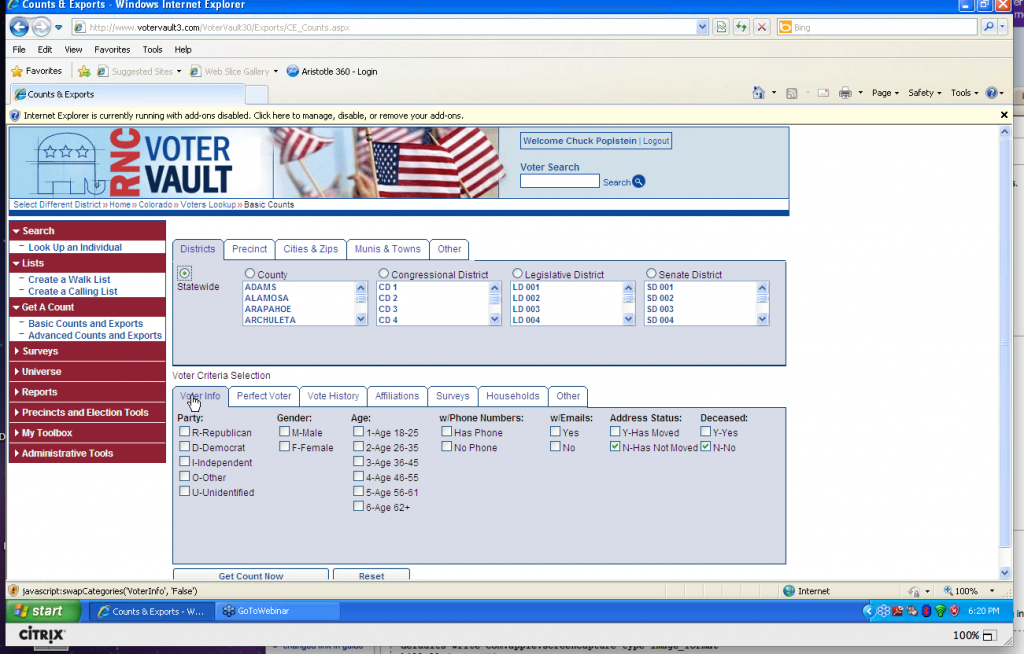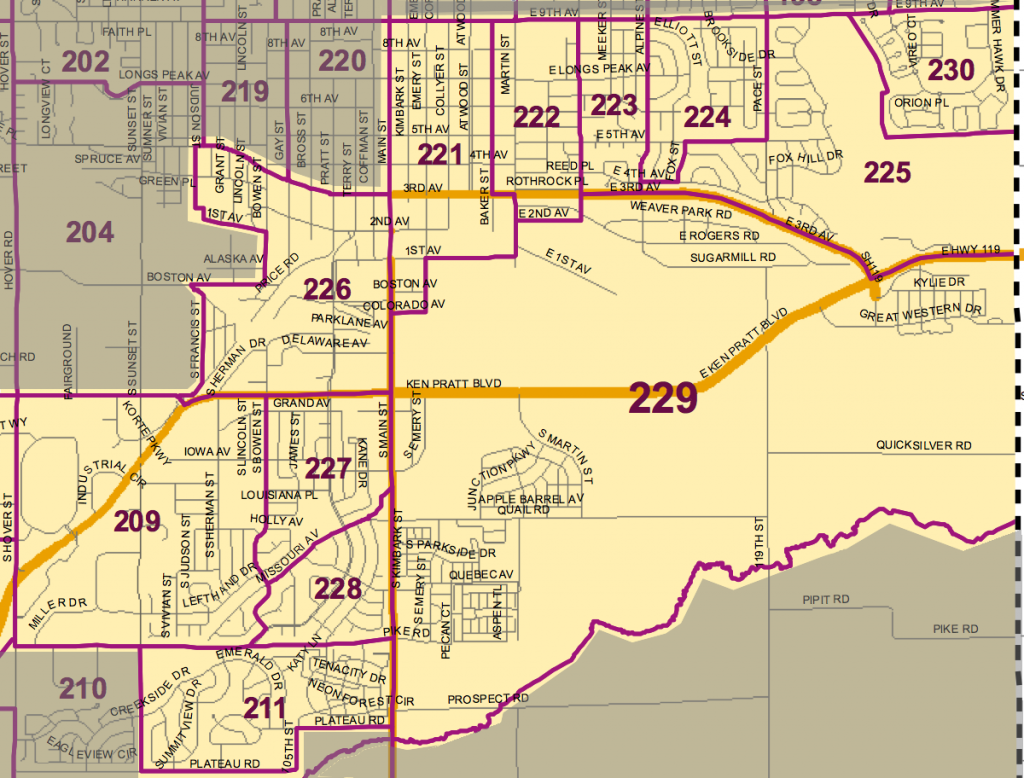The Republican National Convention is the presidential nominating convention of the Republican Party of the United States. Convened by the Republican National Committee, the stated purpose of the convocation is to nominate an official candidate in an upcoming U.S. presidential election, and to adopt the party platform and rules for the election cycle.
The United States 2012 Republican National Convention, in which delegates of the Republican Party will choose the party’s nominees for President of the United States and Vice President of the United States, will be held during the week of August 27, 2012, in Tampa, Florida at the St. Pete Times Forum.
To become the Republican Party nominee, the candidate must win a simple majority of 1,191 of the 2,380* total delegates at the Republican National Convention.
* note – numbers here are from the 2008 cycle, and are likely to change somewhat for 2012
The Republican Party of the United States of America utilizes a system with pledged and unpledged delegates. Of the total 2,380 Republican delegates, 1,719 are pledged delegates, who are elected at the state or local level. Pledged delegates are elected or chosen at the state or local level, with the understanding that they will support a particular candidate at the convention. Pledged delegates are however not actually bound to vote for that candidate, thus the candidates are allowed to periodically review the list of delegates and eliminate any of those they feel would not be supportive.
A majority of the unpledged delegates are elected much like the pledged delegates, and are likely to be committed to a specific candidate. Many of the other unpledged delegates automatically claim the delegate status either by virtue of their position as a party chair or national party committee person. This group is known as unpledged RNC member delegates.
The process by which delegates are awarded to a candidate will vary from state to state. Many states use a winner-take-all system, where popular vote determines the winning candidate for that state, while a few others use a proportional representation. While the Republican National Committee does not require a minimum threshold, under which a candidate receives no delegates, individual state parties may impart such a threshold.
The unpledged RNC member delegates are free to vote for any candidate and are not bound by the electoral votes of their state. The majority of the unpledged delegates (those who are elected or chosen) are technically free to vote for any candidate; however they are likely to be committed to one specifically.

Tampa host Committee 2012 logo
Allocation of Delegates
The size of delegations to the Republican National Convention are determined by Rule 13 of the party’s national rules, which in the 2008 cycle indicated the following:
- Ten delegates at large from each of the fifty states.
- The national committeeman, the national committeewoman and the chairman of the state Republican Party of each state, American Samoa, the District of Columbia, Guam, Northern Mariana Islands, Puerto Rico, and the U.S. Virgin Islands.
- Three district delegates for each member of the United States House of Representatives from each state, sixteen from D.C., twenty from Puerto Rico, and six each from American Samoa, Guam, the Northern Mariana Islands, and the U.S. Virgin Islands.
- From each state having cast at least a majority of its Electoral College votes for the Republican nominee in the preceding presidential election, four and one-half delegates at large plus a number of the delegates at large equal to 60 percent of the number of electoral votes of that state, rounding any fraction upwards.
- one additional delegate at large to each state for any and each of the following public officials who is a member of the Republican Party elected in the year of the last preceding presidential election or at any subsequent election held prior to January 1 of the year in which the next national convention is held (this provision rewards those states where the state GOP has been successful in electing candidates):
- governor
- at least half of the state’s representatives in the United States House of Representatives
- a majority of members of any chamber of the state legislature, if also presided over by a Republican
- a majority of members of all chambers of the state legislature, if also presided over by a Republican
- any and each Republican United States Senator elected by such state in the six-year period prior to January 1 of the year in which the next national convention is held.
- in addition, if the District of Columbia shall have cast its electoral votes, or a majority thereof, for the Republican nominee for President of the United States in the last preceding presidential election, it shall be permitted four and one half delegates at large plus the number of delegates at large equal to thirty percent (30%) of the 16 delegates at large allotted to the District of Columbia, rounding any fraction upward.
One alternate delegate is also awarded for each regular delegate except for members of the Republican National Committee.
The composition of the individual state and territory delegations is determined by the bylaws of their respective state and territory parties. Since 1972, almost all have appointed delegates by primary election results, although some, notably Iowa, use caucuses, and others combine the primary with caucuses or with delegates elected at a state convention.
In the past, competing factions of a state party sometimes drew up separate lists of delegates, each claiming to be the official one. One of the first agenda items at a convention is therefore credentialing, whereby the Credentials Committee determines which group is recognized as the official delegation.



